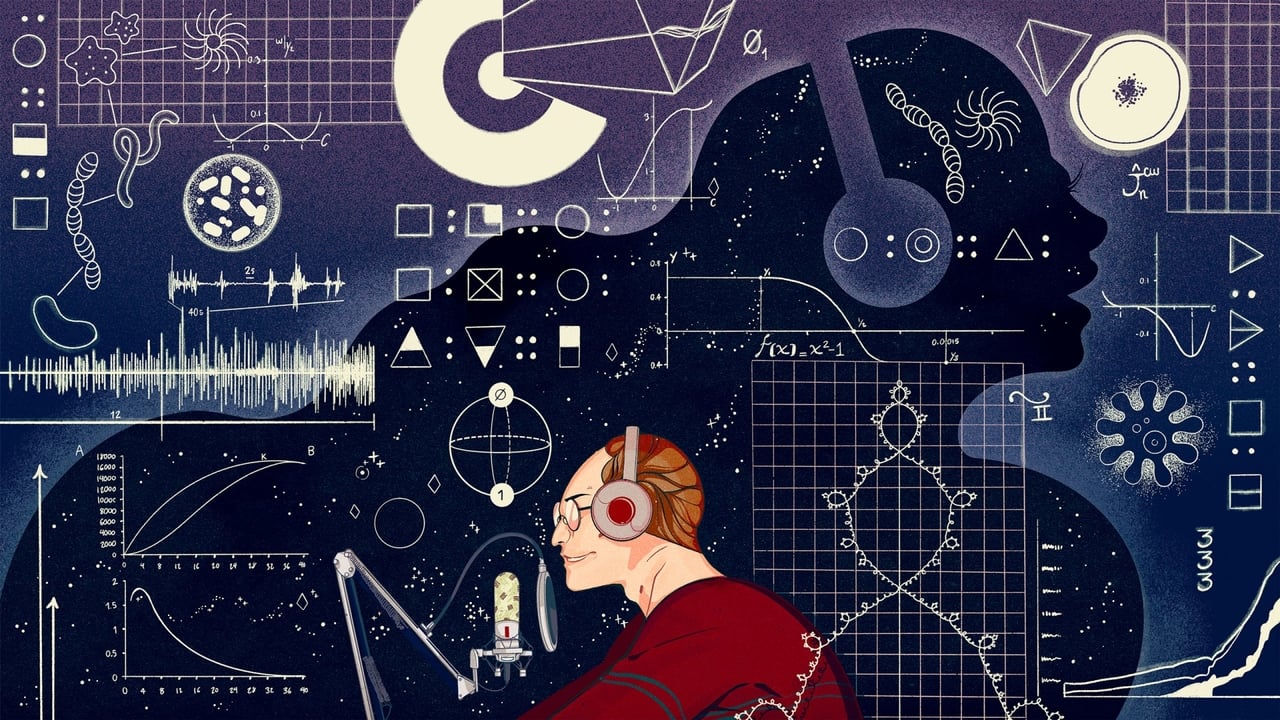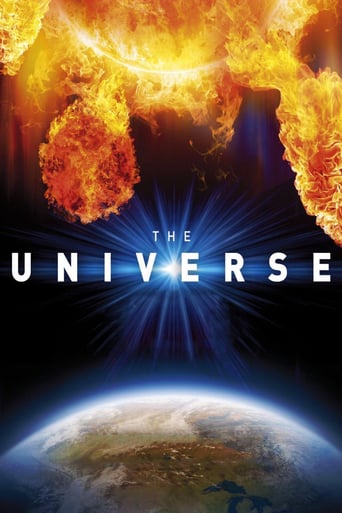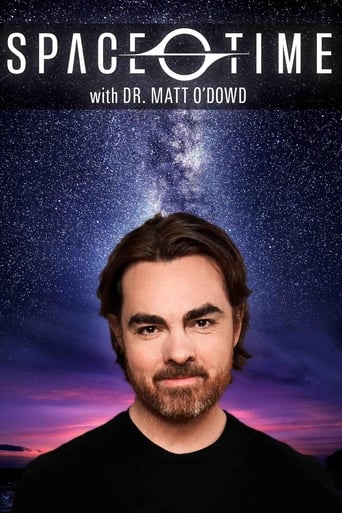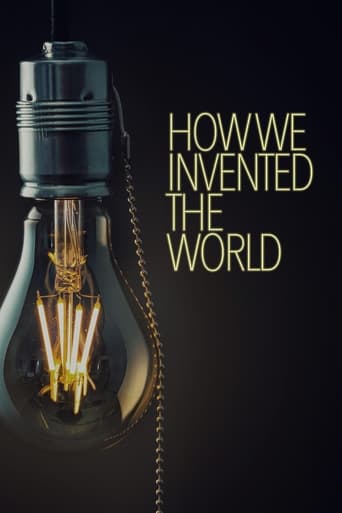Quanta Magazine Season 2017

Explore mind-bending developments in basic science and math research. Quanta Magazine is an award-winning, editorially independent magazine published by the Simons Foundation.
Watch NowWith 30 Day Free Trial!
Quanta Magazine
1
Explore mind-bending developments in basic science and math research. Quanta Magazine is an award-winning, editorially independent magazine published by the Simons Foundation.
Watch Trailer
With 30 Day Free Trial!
Quanta Magazine Season 2017 Full Episode Guide
Corina Tarnita argues that to fully appreciate nature, you must first understand its rules.
Minhyong Kim wanted to make sure he had concrete results in number theory before he admitted that his ideas were inspired by physics.
A Mathematician Who Dances to the Joys and Sorrows of Discovery
Michael Assis demonstrates how defects can be used to tune the properties of Miura-ori origami.
Rebecca Goldin explains why quantitative literacy is so important.
Nigel Goldenfeld explains how condensed matter physics provides insights into the collective state of early life on Earth.
Neil Johnson on the physics of collective human behavior.
Svitlana Mayboroda describes how the landscape function helps solve the mystery of wave localization.
The UCLA astrophysicist explains how tracking the movement of stars revealed the existence of a supermassive black hole at the center of the Milky Way galaxy.
Jay Pasachoff explains what scientists can learn during a total solar eclipse.
Jessica Flack describes the special challenges of applying collective computation to the understanding of complex biological systems.
Khatri learned that by working with 'messy' clinical data sets, he could find genes that the human body expresses in response to diverse forms of a disease.
Join David Kaplan on a virtual-reality tour showing how the sun, the Earth and the other planets came to be.
A Defense of the Reality of Time
John Novembre explains how he uses genomic data to map human history.
Sharon Glotzer explains how emergence, entropy and order can all fit together.
Sylvia Serfaty explains why you don’t have to be a genius to become a mathematician.
Francis Su discusses how the community of mathematicians tends to exclude certain people.
Francis Su explains how mathematics can help a person to live well.
Marcus Feldman explains how he models the effects of a cultural preference — in this case, a preference for sons over daughters in China.
Free Trial Channels
Seasons




































